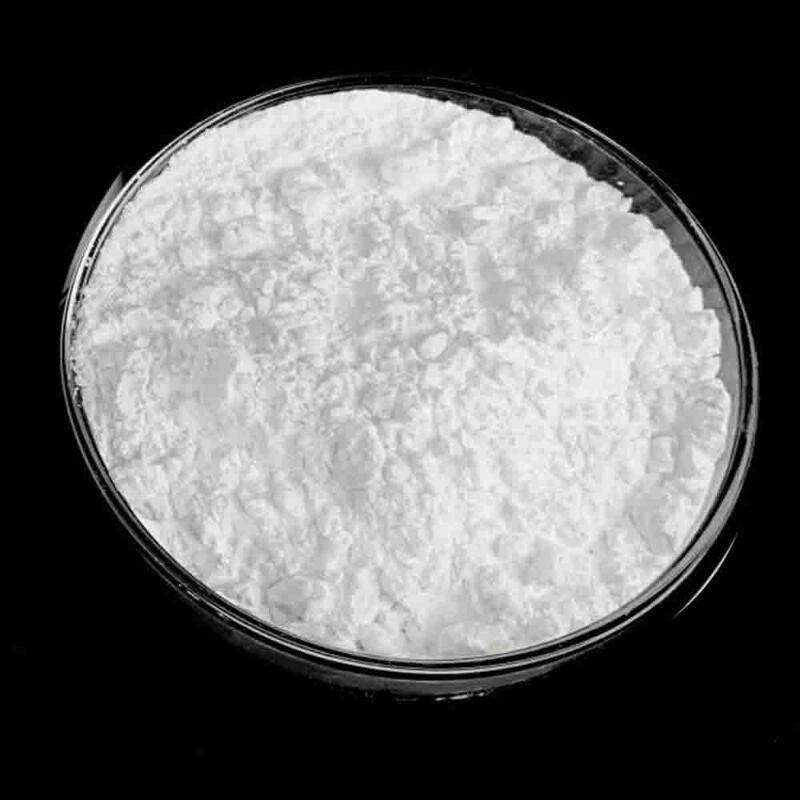-
Categories
-
Pharmaceutical Intermediates
-
Active Pharmaceutical Ingredients
-
Food Additives
- Industrial Coatings
- Agrochemicals
- Dyes and Pigments
- Surfactant
- Flavors and Fragrances
- Chemical Reagents
- Catalyst and Auxiliary
- Natural Products
- Inorganic Chemistry
-
Organic Chemistry
-
Biochemical Engineering
- Analytical Chemistry
-
Cosmetic Ingredient
- Water Treatment Chemical
-
Pharmaceutical Intermediates
Promotion
ECHEMI Mall
Wholesale
Weekly Price
Exhibition
News
-
Trade Service
This article is the original of Translational Medicine Network, please indicate the source of reprinting
Written by Sophia
The tumor microenvironment (TMEs) require the synergy of innate immune cells and adaptive immune cells, thereby affecting tumor progression and immunotherapy
.
Caspase-activated adrenocorticotropic hormone promotes tumor death and promotes antitumor immunity
.
It is unclear how pyroxiosis affects the tumor microenvironment
.
Recently, the research "Gasdermin D restricts anti-tumor immunity during PD-L1 checkpoint blockade" conducted by the team of professors Yang Shuo, Hu Zhibin and Yang Xi of Nanjing Medical University was published in the journal Cell Reports, reporting the effect of GSDMD-mediated pyrospiration of innate immune cells on tumor immunity and its mechanism of action.
PD-L1 checkpoint blockade combination therapy provides new clues
.
#%20
Research background
01
The complex, dynamic composition of the tumor immune microenvironment requires the combined action of innate immune cells and adaptive immune cells, thereby influencing tumor occurrence, progression, and response to
immunotherapy.
Among them, maintaining activated cytotoxic CD8+ T cells (CTLs) in TMEs is essential
for inhibition and clearance of tumor cells.
However, constant exposure to tumor antigens and dysregulation of inflammatory signals can lead to terminal differentiation of CD8+ T cells and lead to a dysfunctional state
called "failure.
"
Depleted CD8+ T cells primarily express inhibitory receptors, such as programmed cell death 1 (PD-1) or T-cell immunoglobulin and mucin-containing molecule 3 (TIM-3), and show a unique T cell state
associated with impaired tumor progression and clearance.
Therefore, elucidating the key restriction pathways and underlying mechanisms that limit CD8+ T cell anti-tumor immunity is critical
to improving anti-tumor responsiveness.
Research results
02
Gasdermin D (GSDMD) is highly expressed in antigen-presenting cells (APCs) and correlates
with immune checkpoint features.
By conditionally deleting GSDMD, it has been demonstrated that GSDMD in TME APC limits antitumor immunity
during PD-L1 inhibition.
The deletion of GSDMD in APCs enhances the interferon-stimulated gene (ISG), thereby promoting CD8+ activation of T cells
in a cGAS-dependent manner.
In addition, pharmacological inhibition of GSDMD-mediated pyroptosis and PD-L1 improves anti-tumor immunity, highlighting the potential of
combined GSDMD/PD-L1 inhibition as a therapeutic strategy.
PD-L1 checkpoint blockade is the first-line treatment for many cancers and is undergoing numerous clinical trials
.
Despite this remarkable therapy, there are still a large number of patients who do not respond to
anti-PD-LI therapy.
As a result, combination therapies are now becoming more common to overcome host constraints
.
Indeed, elucidating the key restriction pathways that limit anti-tumor immunity in response to checkpoint blockade is critical
to improve reactivity and amplify PD-L1 inhibition of tumor types.
In this study, the study data suggest that GSDMD, as a limiting factor for PD-L1 checkpoint blockade, can inhibit the ability of macrophages and DCs to present tumor-associated antigens and the antitumor effects
of CD8+ T cells by targeting the cGAS pathway and inhibiting ISG expression in APCs, mainly in TME.
Research implications
03
In summary, this study has determined that GSDMD is a limiting factor
in inhibiting the anti-tumor response of CD8+ T cells in tumor immunotherapy.
Given that there are currently no good clinical drugs targeting the cGAS-STING pathway, our findings in this study highlight the potential value of developing therapeutic strategies to block GS DMD-mediated focal sagging to enhance cGAS-induced ISG in combination with anti-PD-L1 therapy to promote anti-tumor immunity
.
However, there are still limitations to this study, which found that GSDMD attenuates the activation of cGAS-STING signaling after metastatic DNA stimulation, relying mainly on cell pyrosis, but partly through in vitro K+ efflux
.
However, whether this is the case in vivo is unclear, and other possible mechanisms supporting these regulatory effects need to be further explored
.
Resources:
style="white-space: normal;box-sizing: border-box;" _msthash="251153" _msttexthash="19521346">Note: This article is intended to introduce the progress of medical research and cannot be used as a reference
for treatment options.
If you need health guidance, please go to a regular hospital
.
Recommendations, live streams/events
November 15-16 09:00-17:30 Chongqing
The first Southwest Single Cell Omics Technology Application Forum
Scan the QR code to participate for free
November 24-27 09:00-17:30 Shanghai
The 4th Shanghai International Cancer Congress
Scan the code to participate







